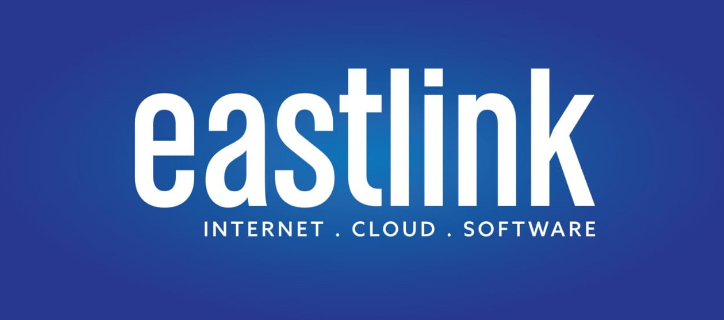What Is a Database?
A database is an organized collection of structured information, or data, typically stored electronically in a computer system. A database is usually controlled by a database management system (DBMS). Together, the data and the DBMS, along with the applications that are associated with them, are referred to as a database system, often shortened to just database.
Data within the most common types of databases in operation today is typically modeled in rows and columns in a series of tables to make processing and data querying efficient. The data can then be easily accessed, managed, modified, updated, controlled, and organized. Most databases use structured query language (SQL) for writing and querying data.
What is a database management system (DBMS)?
A database typically requires a comprehensive database software program known as a database management system (DBMS). A DBMS serves as an interface between the database and its end users or programs, allowing users to retrieve, update, and manage how the information is organized and optimized. A DBMS also facilitates oversight and control of databases, enabling a variety of administrative operations such as performance monitoring, tuning, and backup and recovery.

Some examples of popular database software or DBMSs include MySQL, Microsoft Access, Microsoft SQL Server, FileMaker Pro, Oracle Database, and dBASE.
Relational database and NoSQL.
Relational and NoSQL are two types of database systems commonly implemented in cloud-native apps. They’re built differently, store data differently, and accessed differently. In this section, we’ll look at both. Later in this chapter, we’ll look at an emerging database technology called NewSQL. Relational databases have been a prevalent technology for decades. They’re mature, proven, and widely implemented. Competing database products, tooling, and expertise abound. Relational databases provide a store of related data tables. These tables have a fixed schema, use SQL (Structured Query Language) to manage data, and support ACID guarantees.
No-SQL databases refer to high-performance, non-relational data stores. They excel in their ease-of-use, scalability, resilience, and availability characteristics. Instead of joining tables of normalized data, NoSQL stores unstructured or semi-structured data, often in key-value pairs or JSON documents. No-SQL databases typically don’t provide ACID guarantees beyond the scope of a single database partition. High volume services that require sub second response time favor NoSQL datastores.
Relational database
- Relational database manages only structured data and Relational Database is used to handle data coming in low velocity.
- NoSQL databases are used to handle moderate volume of data with centralized structure.
- Relational Database follows acid properties. (Atomicity, Consistency, Isolation, and Durability)
- Relational Database supports a powerful query language and has fix schema eg. MySQL.
NoSQL Database
- NoSQL database can manage structured, unstructured and semi-structured data and have no single point of failure.
- NoSQL databases can handle big data or data in a very high volume .
- NoSQL database gives both read and write scalability and deployed in horizontal fashion
- NoSQL Database supports a very simple query language. eg. MangoDB
Is NoSQL better than SQL?
- NoSQL tends to be a better option for modern applications that have more complex, constantly changing data sets, requiring a flexible data model that doesn’t need to be immediately defined. Most developers or organizations that prefer NoSQL databases, are attracted to the agile features that allow them to go to market faster, make updates faster. Unlike traditional, SQL based, relational databases, NoSQL databases can store and process data in real-time.
- While SQL databases do still have some specific use cases, NoSQL databases have many features that SQL databases are not capable of handling without tremendous costs, and critical sacrifices of speed, agility, etc.












